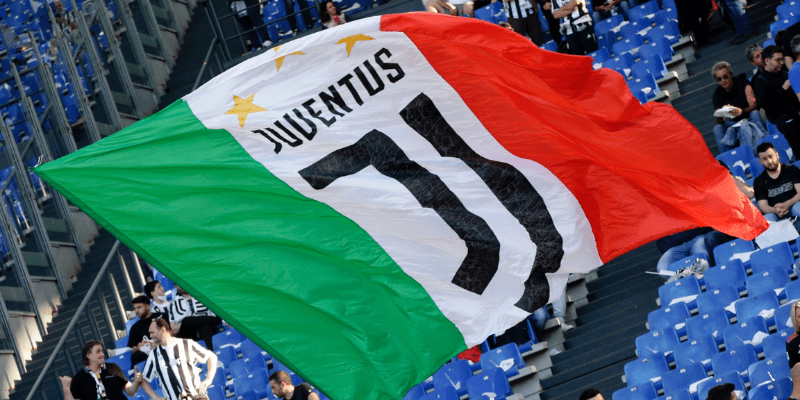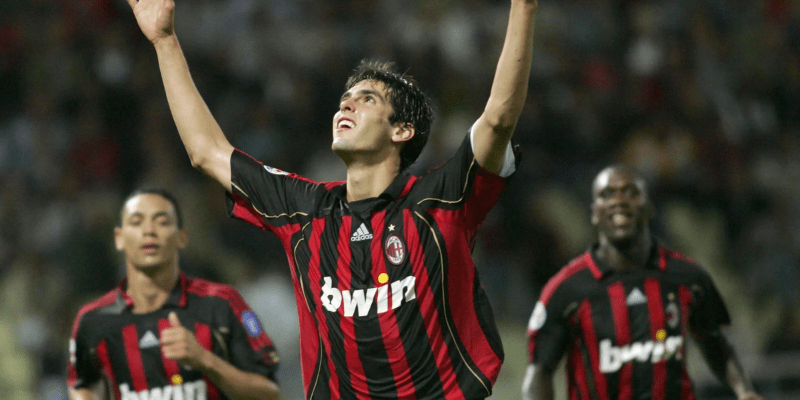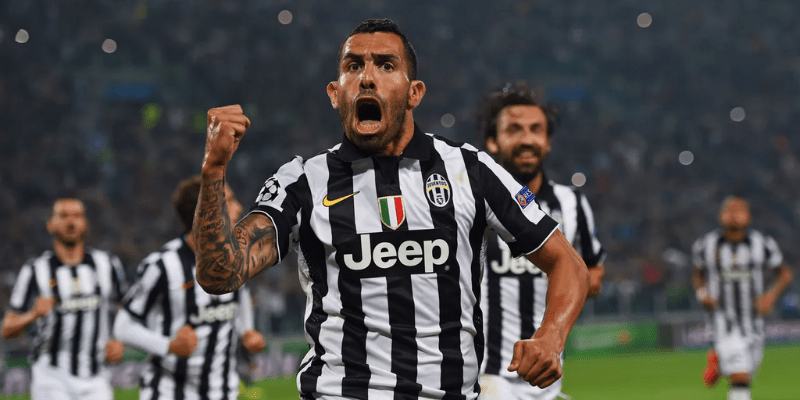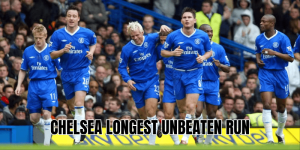From the terraces of Allianz Stadium to the buzzing chatter in the cafés of Turin, the question has Juventus ever been relegated still echoes among football fans. For a club that has long symbolized dominance in Italian football, the idea of being demoted seems almost sacrilegious. Yet, history confirms it did happen — though under extraordinary, non-sporting circumstances. In this article, ZaneyStrike will guide you through the remarkable and contentious chapter when Juventus was sent to Serie B, explore the consequences, and show how the club recovered and redefined itself.
The Origins: Juventus’ Untouchable Reputation

Before 2006, Juventus and Inter were the only two clubs in Italy’s top flight that had never tasted relegation. Their status was almost mythic — perennial in Serie A, dominating domestic and European scenes. Over decades, Juventus built a legacy through a mix of sporting excellence, shrewd management, and a loyal fanbase. The idea of relegation only entered the narrative when systemic issues in Italian football began to unravel.
Juventus had always faced scrutiny — controversies, rivalries, accusations of favoritism — but they never suffered a league-based punishment. Their performance on the field remained strong, helping them constantly compete for Scudetti, domestic cups, and European runs. Until 2006, they had never been relegated by sporting result or disciplinary action.
The Calciopoli Scandal: The Fall from Grace
How the scandal unfolded
In May 2006, the Italian football world was rocked by revelations of match-fixing and corruption. Wiretaps exposed secret phone calls linking club executives to referee organizations, suggesting manipulation of referee assignments. Juventus, AC Milan, Lazio, and Fiorentina all found themselves under investigation. The scandal quickly became known as Calciopoli — the scandal that would shake Serie A to its core.
The Italian Football Federation (FIGC) and prosecutors moved quickly. In July 2006, Juventus was punished severely: stripped of its 2004–05 Serie A title, downgraded to last place in the 2005–06 standings, and relegated to Serie B. Other clubs involved received point deductions, but only Juventus faced the harshest measure.
Why Juventus was singled out
Juventus’ relegation remains one of the most controversial penalties in football justice. Although no concrete evidence was found that Juventus directly fixed matches, the club was judged to have benefited from a “structured illicit” (illecito strutturato) — a concept introduced after the fact, essentially suggesting that Juventus had a privileged and undue influence over referee designators. This interpretation allowed the disciplinary bodies to penalize Juventus far more severely thanclubs, even without proof of a specific match manipulation.
Juventus even appealed the decision, but withdrew its appeal at a key moment, likely to avoid escalating conflicts with FIGC and potentially triggering sanctions that would harm Italian football’s broader structure. In the end, Juventus stood alone in its relegation — the only top club to suffer that fate in Calciopoli’s aftermath.
The 2006–07 Serie B Season: Redemption and Resurrection

Relegated with a heavy points penalty, Juventus entered Serie B in 2006–07 with a 30-point deduction (later reduced in appeals to 17, then 9). Despite this massive handicap, the club rallied. They dominated Serie B, finishing first and ensuring immediate promotion back to Serie A. The core of their squad, including club legends like Alessandro Del Piero, Gianluigi Buffon, and Pavel Nedvěd, remained loyal, helping steady the ship while key veterans and rising stars carried the on-field burden.
The season also saw a mass exodus of star players such as Zlatan Ibrahimović, Lilian Thuram, and others who sought to avoid the downgrade. But Juventus rebuilt quickly, restructuring management, rethinking finances, and mobilizing its massive fanbase. Within a year, the “Old Lady” was back in Serie A — but not without scars.
Impact on Juventus and Italian Football
Sporting and reputational damage
Juventus lost two Scudetti, had to rebuild its squad, and suffered serious reputational damage. The notion that even the most powerful club could be held accountable captivated the international football dialogue. Rivals seized the moment; Inter Milan even claimed bragging rights, as they became the only major Italian club never to have been relegated — a point often raised by rival fans. The event rebalanced perceptions of power in Italian football and forced reforms in governance and sporting justice.
Aftermath and appeals
Over the following years, Juventus pursued legal battles and appeals to reclaim their titles and reverse decisions. Most appeals were rejected. In 2016, Italy’s regional administrative courts declined to interfere in matters already judged by sporting bodies. The two stripped titles remain unreturned, and Juventus officially retains 36 league titles in the record books (though the club claims 38). ).
The Calciopoli case sparked reforms in how Italy handles referee appointments, transparency mechanisms, and rules about club-director interference. While controversies still arise, the precedent of holding a major club accountable remains part of the legacy.
Why This Moment Still Resonates

The relegation of Juventus is not just a historical footnote — it’s a reminder of the tension between power, fairness, and accountability in football. It illustrates how even giants are vulnerable when systems crack. The episode is replayed in media, debates, fan circles, and official inquiries — not just as an event, but as a moral tale of hubris, justice, and rebirth.
For Juventus, the journey, they positioned themselves to compete again at the highest levels — domestically and in Europe.
Final Thoughts
Has Juventus ever been relegated? Yes — in 2006, during the Calciopoli scandal, Juventus was relegated to Serie B, stripped of titles, and burdened with severe penalties. Even though it was not due to poor sporting performance, that chapter remains one of the most dramatic in football history.
ZaneyStrike believes understanding this story is vital to seeing Juventus not just as a dominant club, but as one that endured crisis and rebuilt its identity. If you want to explore more — Serie A history, Juventus records, the full Calciopoli timeline, or how other clubs have faced punishment — just say the word. Join ZaneyStrike’s journey through football’s deepest narratives and stay curious.






